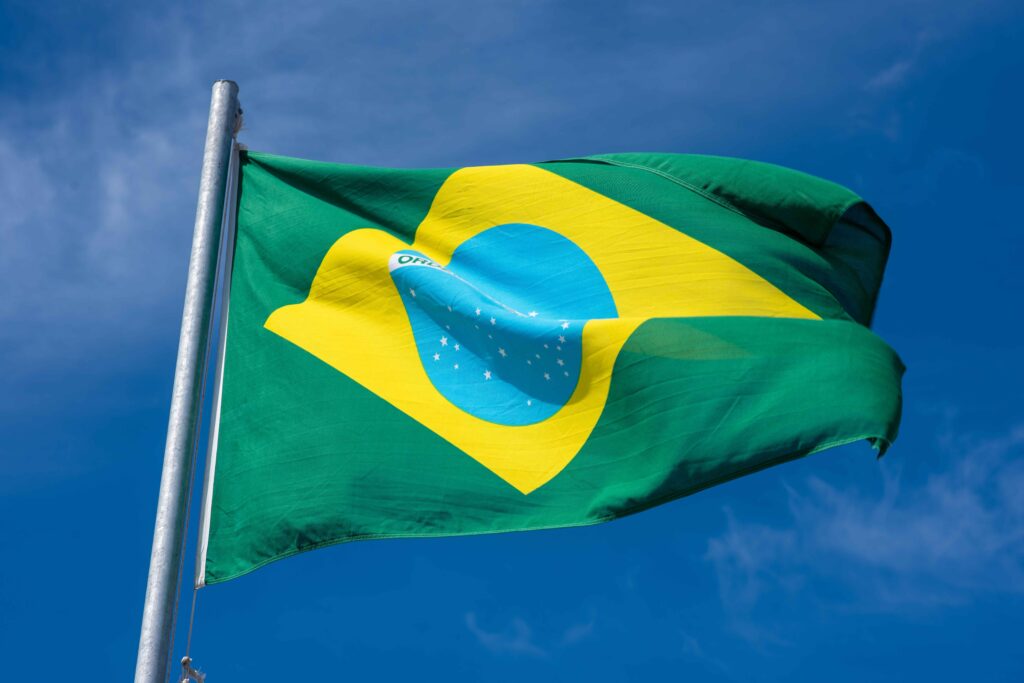Since assuming office in 2019, Brazil’s far-right president Jair Bolsonaro has implemented sweeping neoliberal reforms that critics argue prioritize big business while sidelining the country’s most vulnerable communities. From social services to workers’ rights, his policies reflect a dramatic shift toward privatization, deregulation, and fiscal austerity. This agenda has exacerbated inequality in Brazil, hitting the nation’s poorest neighborhoods hardest.

Bolsonaro’s presidency represents a sharp turn from the social policies championed by previous administrations, such as those led by the leftist Workers’ Party (PT). His support for pro-business initiatives has led to the weakening of labor protections and cuts to essential welfare programs, leaving millions without access to critical resources.
Who is Jair Bolsonaro?
Bolsonaro, a former army captain, rose to prominence through his controversial rhetoric, often marked by polarizing views on issues such as democracy, human rights, and the environment.
Dubbed the “Trump of the Tropics,” his populist approach resonated with many Brazilians disillusioned by corruption scandals in the preceding governments.
His tenure in Congress before becoming president was largely defined by his strong alignment with conservative values, including support for militarization, gun rights, and traditional family structures. Once elected, Bolsonaro leaned heavily on neoliberal economic policies, with Paulo Guedes, a University of Chicago-trained economist, leading his financial strategy.
A Historical Retrospective of Right-Wing Politics in Brazil
The rise of right-wing politics in Brazil is not a new phenomenon. Following a military coup in 1964, Brazil was under a military dictatorship for two decades, characterized by authoritarian rule and economic centralization. This period ended with the democratization movement in the 1980s, paving the way for civilian governments.
The late 20th and early 21st centuries saw a power struggle between leftist parties like the PT and right-leaning coalitions. Under the PT’s leadership, Brazil experienced economic growth and poverty reduction programs like Bolsa Família. However, political and economic crises in the mid-2010s created fertile ground for the resurgence of right-wing ideologies, culminating in Bolsonaro’s election.
The Human Cost of Neoliberal Reforms
Bolsonaro’s policies have had tangible impacts on Brazil’s poorest citizens. Budget cuts in education, health care, and housing have left millions struggling to access basic services. Meanwhile, labor reforms have curtailed workers’ protections, reducing job security and benefits.
In rural areas, Indigenous communities have faced threats to their land as Bolsonaro’s administration has prioritized agribusiness interests. Deforestation in the Amazon has surged, often linked to policies favoring mining and logging.
A Nation at a Crossroads
Amid these challenges, resistance movements are growing. Activists from Brazil’s favelas, unions, and Indigenous groups are pushing back against policies they see as destructive. Grassroots campaigns are demanding greater accountability from the government and a return to policies that prioritize social equity.
While Bolsonaro’s administration has drawn support from business elites and international allies like the United States, his critics continue to advocate for policies that protect Brazil’s most vulnerable populations.
